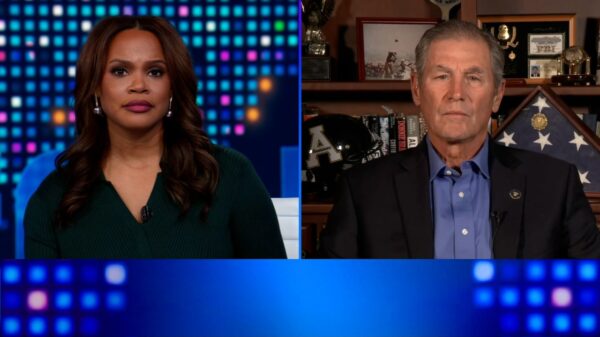UPDATE: An urgent advice column from Slate reveals the heart-wrenching struggles of a parent grappling with their adult daughter’s financial irresponsibility and emotional disconnect. The anonymous parent, referred to as Hurting, expresses deep concern over their daughter’s self-centered behavior and materialistic lifestyle, leading to an escalating crisis.
In a candid letter to the advice columnist, Hurting outlines the dire situation: their daughter, turning 28 years old this year, has become increasingly dependent on her parents for financial support, despite her extravagant spending habits. “She is entirely self-centered, selfish, and materialistic,” Hurting writes, detailing how their daughter traded a paid-off car for a flashy model she cannot afford.
This dramatic shift in behavior began during her college years, where Hurting believes she fell into a high-spending crowd. The situation worsened when she demanded her parents cover her car payments, insisting that failing to do so would jeopardize her job and apartment. Faced with their own financial responsibilities, including adopting two foster children, Hurting and their spouse refused to take on additional debt, leading to a painful rift in their relationship.
The emotional toll is palpable, as Hurting reveals that their daughter has made ugly accusations against them and their family. “I sometimes look at her, and it is like staring at a stranger,” they wrote, highlighting the heartbreaking disconnect between the parents and their child.
Experts emphasize the importance of boundaries in such situations. Rebecca Onion, filling in for Prudie in the Slate column, advises against covering the daughter’s expenses, stating that it’s crucial for her to understand the consequences of her financial choices. “She can figure that out,” Onion asserts, suggesting that self-sufficiency is vital for personal growth.
Furthermore, Onion encourages Hurting to consider the emotional background behind their daughter’s behavior, hinting at unresolved issues stemming from the parents’ divorce. “Some kind of hurt is behind this,” she notes, urging open communication for potential healing.
In a related discussion, another anonymous reader, Dying for Some Discussion, raises concerns about communication imbalances in their long-term relationship. This situation underscores a broader theme of emotional disconnection that seems to be affecting relationships across the board.
The urgency of these letters highlights a growing trend among young adults facing financial instability and emotional isolation. As parents navigate these complex dynamics, the need for open dialogue and professional counseling becomes increasingly apparent.
What happens next for Hurting and their daughter remains uncertain, but the hope for resolution lies in honest conversations and a willingness to seek help. As families grapple with similar challenges, the lessons learned from these letters resonate widely, reminding us of the critical importance of communication and understanding in maintaining healthy relationships.
Stay tuned for more insights and advice in the ongoing discussions at Slate as these urgent matters develop.





































































